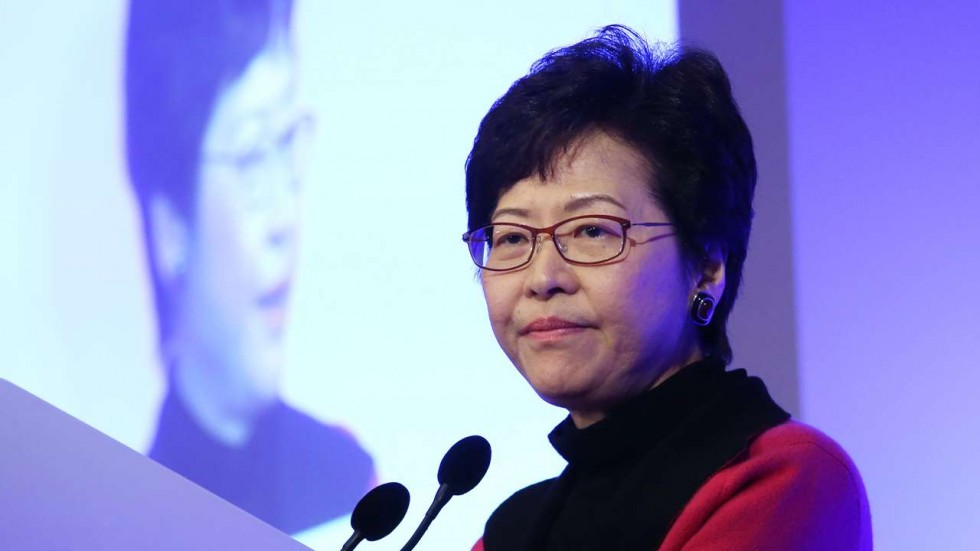Hong Kong’s first female chief executive-to-be has broken the city’s highest glass ceiling, illustrating how far Hong Kong women have come, but also how far they still have to go. Enabling more women to work and making jobs gender-neutral are crucial in tackling demographic challenges and transitioning to a more sophisticated service- and technology-driven economy.
An ageing population and low fertility rates pose a demographic time bomb. Hong Kong has one of the world’s worst gender imbalances, but just 51 percent of its women are in the workforce. Studies in Japan and Canada show closing the workplace gender gap could boost annual GDP by 5 to 13 percent. For Hong Kong, this could mean HK$100 billion or more a year. More women in the workforce also relate to increased birth rates, as in Sweden and the UK, where paid parental leave and flexible schedules keep mothers working as they build a family. This boosts the current and future workforce, solving two generations of demographic problems.
Hong Kong mothers returning to work often face a “motherhood penalty” of pay inequality and lower responsibilities, and 20 percent report discrimination during pregnancy and post birth. They have inadequate partner support, as mandatory paternity leave is just three days. Mothers taking a longer career break hesitate to rejoin the workforce, worsening the female brain drain. The government should consider developing shared parental and family leave policies and explore a parental and family-care insurance fund paid for by employer contributions and increased tax revenues from higher female workforce participation.
Such pro-family policies would enable both sexes to be more equally involved in caring for both their children and elderly relatives.
Narrowing the gender pay gap and equivalent job responsibilities can keep women in the workforce. Employers should also increase management and board diversity, and foster awareness of gender biases that hinder career growth.
Overcoming gender stereotypes can also help fill jobs. Women make up more than half of Hong Kong’s university students but remain under-represented in science and technology degrees and jobs. This may undermine the government’s plans to develop a technology industry. Encouraging women to go into technology will help build the talent pipeline.
When Carrie Lam Cheng Yuet-ngor takes office, she will have the opportunity to further break down gender barriers, overcome demographic challenges, and better prepare Hong Kong for economic and technological changes. Hong Kong’s future prosperity is at stake.
Source: South China Morning Post




